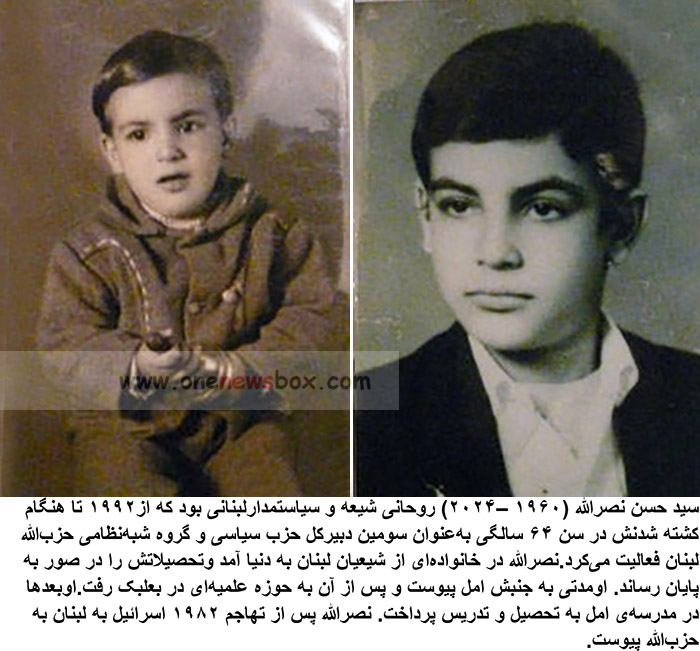Hassan Nasrallah’s Death: A Turning Point for Hezbollah and the Middle East
Hassan Nasrallah, the long-time leader of Hezbollah, was killed in an Israeli airstrike on the southern suburbs of Beirut, marking the end of his 32-year tenure at the helm of the Lebanese militant organization. The announcement sent shockwaves through the region and around the globe, as Hezbollah, Israel, and other key actors brace for the implications of this momentous event.
This article delves into the significance of Nasrallah’s death, its impact on Hezbollah, the broader Middle East, and the potential fallout in Israel, Lebanon, and Palestine. Additionally, it explores how the death of Nasrallah is likely to reshape Hezbollah’s leadership, strategy, and role in regional conflicts, particularly its ongoing support for Gaza and its stance against Israel.
Hassan Nasrallah: A Brief Overview
Born in 1960 in the Bekaa Valley of Lebanon, Hassan Nasrallah rose to prominence within Hezbollah in the early 1990s. Known for his charismatic leadership and his ability to unite the Lebanese Shia population under Hezbollah’s banner, Nasrallah became a formidable figure in Lebanese politics and the wider Middle East conflict. His leadership has often been characterized by his resistance to Israeli influence in Lebanon and his unwavering support for the Palestinian cause.
Nasrallah’s influence extended beyond his military leadership. He was a skilled orator, known for his fiery speeches and televised addresses that rallied Hezbollah’s supporters and warned Israel of the group’s capabilities. Throughout his tenure, Nasrallah was a polarizing figure—revered as a hero of resistance by many in Lebanon and the Arab world, while simultaneously considered a terrorist leader by Israel, the United States, and their allies.

